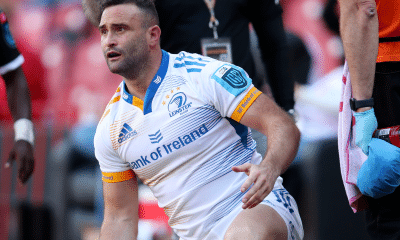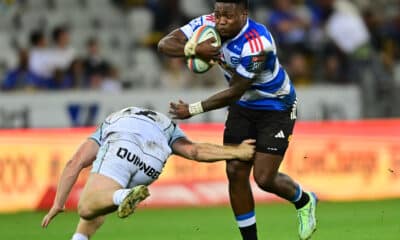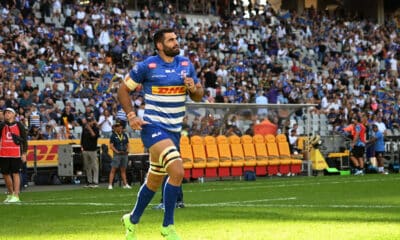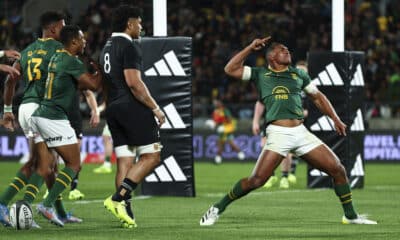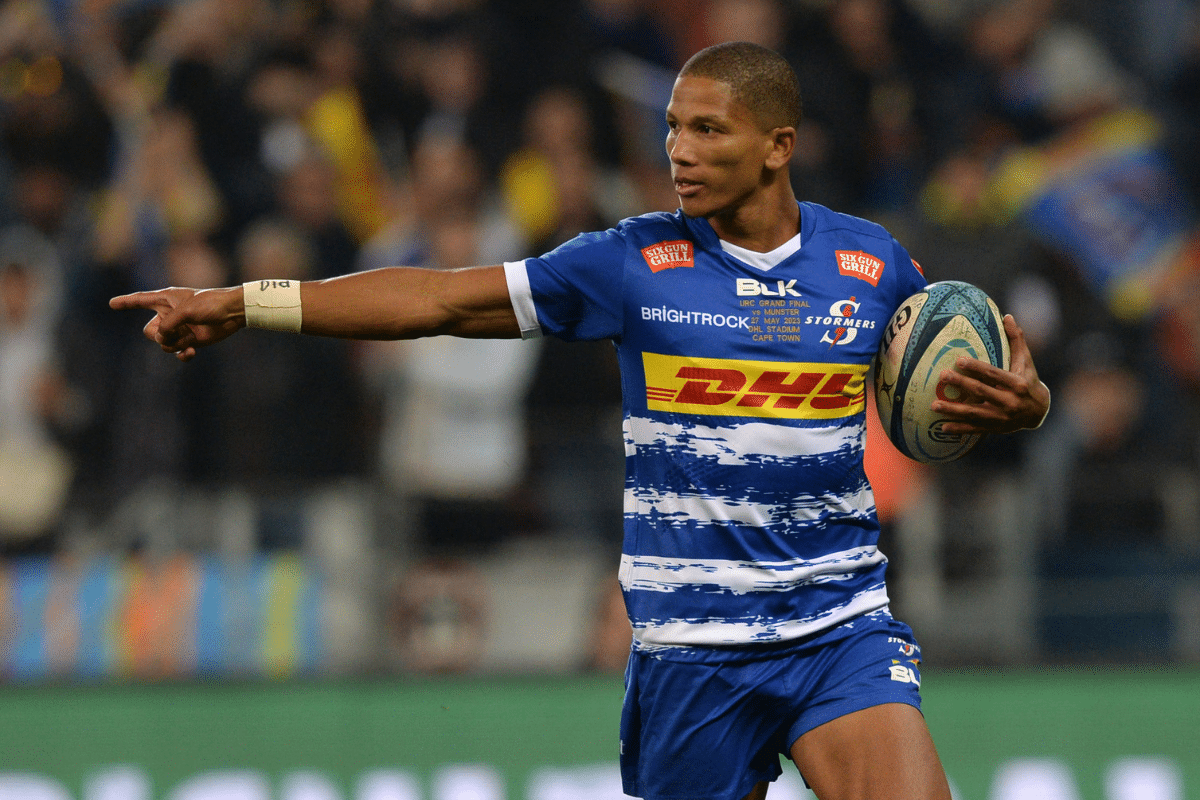
With the Springboks set to employ a two-squad system for the Rugby Championship, they look set to field an exciting yet inexperienced halfback pairing for the opening Test against Australia, which carries promise and risk, writes Quintin van Jaarsveld.
Ever the forward-thinking, bold strategist, Rassie Erasmus in 2019 employed a split-squad tactic in the 2019 Rugby Championship. What was seen as a gamble proved to be a masterstroke as the Springboks won the Southern Hemisphere showpiece, a character-building and confidence-boosting triumph that supercharged their run to World Cup glory a few months later.
Erasmus intends to do the same for the upcoming truncated tournament, which will see South Africa start their campaign against the Wallabies at Loftus Versfeld on 8 July, meet New Zealand at Mount Smart Stadium in Auckland a week later and finish off by hosting Argentina at Ellis Park on 29 July.
The plan, Erasmus recently revealed, is to send 15 frontline players to New Zealand ahead of the blockbuster battle against the All Blacks and bank on remaining squad members to do the job against Eddie Jones’ Wallabies in Johannesburg.
There are a multitude of intriguing ways in which Erasmus and Jacques Nienaber could go in selecting such a so-called ‘B’ team. However, pivotal to the success of this mission is the selection of the halfback pairing, the duo designated to drive the team around the park, and here two men stand out.
Grant Williams and Manie Libbok were the clear standouts in their positions from a South African perspective in the recently concluded United Rugby Championship and have earned the opportunity to start in the Loftus opener.
Williams was the ultimate opportunist behind the Springbok-laden Sharks pack, an electrifying speed merchant who scorched his way to 10 tries, the most by a South African player. Arguably the fastest scrumhalf in the world, his speed and eye for a gap set him apart from the rest of the local No 9s, while he continues to sharpen his box kicking.
Libbok was a mercurial general for the Stormers, guiding them to a second successive home final with his extraordinary vision, fearless flair and dependable goal-kicking. Man of the Match in both the quarter and semi-final victories over the Bulls and Connacht respectively, he’s more than earned the chance to continue his Springbok journey despite his underwhelming performance in the final against Munster.
The latter has been used as ammunition by a section of Springbok supporters to write off Libbok as an exciting magician who shines at franchise level but is not equipped for the pressures of the Test arena. Flawless he is not, but then neither are the likes of Scotland’s Finn Russell and England’s Marcus Smith, and he deserves an opportunity to prove himself. The tournament opener against Australia is the perfect platform for him to sink or swim.
Limited options also point to the pair being given the starting honours and responsibilities with Faf de Klerk, Cobus Reinach, Handre Pollard and Damian Willemse all set to be spared to front the All Blacks.
With Jaden Hendrikse on the shelf, Herschel Jantjies is the only recognised other option at scrumhalf and while he’d bring valuable experience with him, he’s not a substantially better tactical kicker than Williams, nor as lethal and in-form. At flyhalf, Elton Jantjies remains in the wilderness following his scandal last year, leaving Libbok as the only recognised No 10 in the picture.
Thus, it looks more and more likely that it’ll indeed be Williams, who made his only Test appearance to date off the bench against Wales in Bloemfontein last year and Libbok, who has three Test caps to his name, will be called upon. Highly gifted, the pair is full of promise and could spearhead a stampede with their attacking excellence.
Their inexperience, though, reminds of a similarly green pair who, over two decades ago, were backed with the same responsibility with disastrous consequences. Dave von Hoesslin and Gaffie du Toit were given the proverbial keys by Nick Mallett for the Test against New Zealand in Dunedin on 10 July 1999 and failed to get off the starting grid.
Though two talent-rich players, their inexperience made for an excruciatingly long 80 minutes of rugby for South African fans, who watched in horror as the Springboks were shutout 28-0. Carisbrook lived up to its reputation as the House of Pain that night and Von Hoesslin and Du Toit, who were vilified and discarded, never recovered.
Fortunately for Williams and Libbok, the Wallabies aren’t the All Blacks and Loftus is a far more welcoming and comforting arena than a New Zealand fortress. Nevertheless, the pressure will be on in Pretoria as they make their starting debuts and all who support the Springboks will hope the halfback pairing of the day seizes it.
















